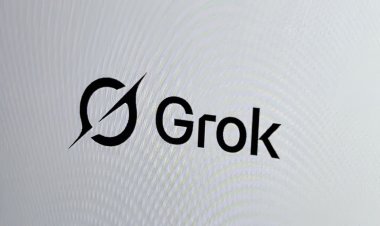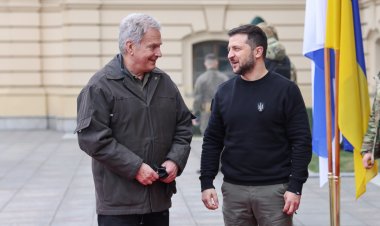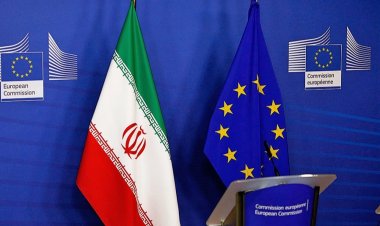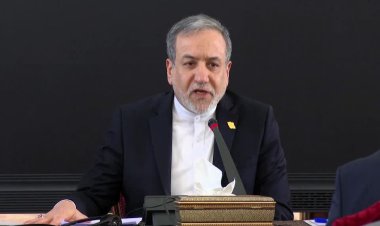Scholz triggers early elections in Germany
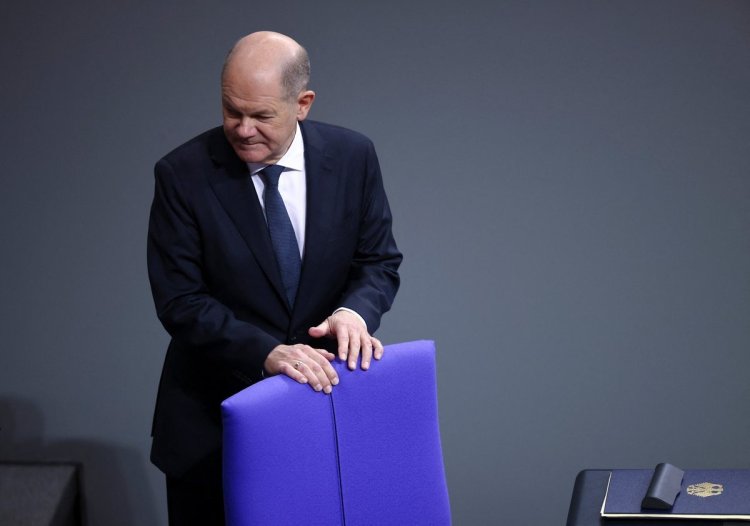
German Chancellor Olaf Scholz has deliberately lost a parliamentary confidence vote, triggering early elections scheduled for February 23. The strategic move comes after the collapse of his three-party coalition government in November, which had left him leading a minority administration.
The vote saw 207 MPs supporting Scholz, primarily from his own party, while 394 voted against him and 116 abstained. This outcome, though anticipated and engineered by Scholz himself, marks a significant shift in German politics and allows for elections to occur seven months earlier than originally planned.
The coalition's breakdown stemmed from fundamental disagreements over fiscal policy, particularly between Scholz's Social Democratic Party (SDP) and Green partners, who favored relaxing debt rules for Ukraine support and infrastructure projects, and the Free Democratic Party (FDP) led by former Finance Minister Christian Lindner, who prioritized debt reduction.
Current polling shows Scholz's SDP trailing significantly behind the conservative Christian Democratic Union (CDU), led by Friedrich Merz. However, the political landscape is increasingly fragmented, with the far-right Alternative for Germany (AfD) polling at nearly 20% and the emergence of the new anti-migrant left-wing Sahra Wagenknecht Alliance BSW.
This fragmentation poses challenges for forming stable future coalitions. The conservatives, though leading in polls, face limited partnership options as they refuse to work with the far-right, while the FDP might not reach the parliamentary threshold, and some conservatives oppose collaboration with the Greens.
The situation reflects a broader shift in German politics, moving away from traditional consensual coalitions toward a more complex and potentially unstable political environment. The increasing support for radical parties is complicating the formation of viable governing coalitions, a challenge likely to persist beyond the February elections.




